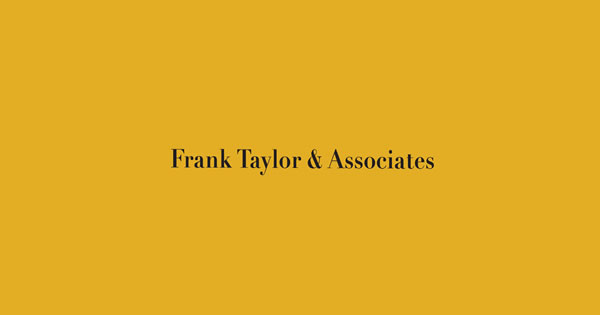The purchase of a dental practice, or indeed any property or business, should be the culmination of a series of well thought out and researched decisions. These will be the purchaser’s assessments on the location, style of property, accessibility, the client base, the opportunity and affordability of any improvements you may wish to make, and of course the cost of financing the transaction. With the exception of the latter aspect which naturally is confidential, all the other aspects of a purchase are very evident and tangible, the practice will probably have been advertised online and you will likely have made a few fact-finding visits. In the course of these visits, you should establish whether the practice is in a leasehold or freehold property, an apparently small distinction but a key detail and consideration. Lis Hughes of Frank Taylor & Associates discusses the pros and cons of freehold and leasehold practices.
“For years our client base was split roughly 50:50 between freehold and leasehold, which I think tells its own story, there’s no right or wrong answer, it really depends on the purchaser, their circumstances and preferences. Even now, though the balance is more towards 60:40 towards freeholds it’s hardly evident of a sea change in the market. However, it is important to understand the differences between the two types as these will be a key part of the decision-making process.”
“In short owning a freehold means you own the property and the land on which it stands; with a leasehold you have the right to use the property, the land belongs to the leaseholder. The lease will be for a set period of time, after which ownership will revert to the leaseholder.”
“Cost is naturally top of many purchasers’ lists. Freehold properties may be more expensive as you are ultimately buying the freehold property and land. However, lenders often prefer the security of a freehold meaning the cost of borrowing (i.e., the interest you pay) is less. Banks will likely only lend for the period of the lease however (more on that later), meaning with shorter leases the repayment period is less and so monthly payments are higher. You will not need to pay ground rent or service charges with a freehold though these would be payable, and potentially revised upwards, with a leasehold. When adding up your monthly or annual cost of ownership be sure to include all these factors so you can get a like for like comparison.”
“What are your plans for the practice? Owning the freehold will make it easier if you want to make changes to the property or the plot, essentially the site and building is yours to do with as you wish (subject to planning laws naturally). With a leasehold property you will need the consent from the landlord. On the other hand, the landlord will be responsible for maintaining and improving some areas of the property (usually the external site) which would otherwise be the responsibility of a freeholder.”
“We mentioned earlier the remaining term of the lease, the shorter the period, there should be a consideration as to any impact on the resale value. You should therefore consider how long you plan to remain in the property. In your research you may want to consider if it is possible to extend the lease, and at what cost. You may also want to ask if the previous owners had considered or attempted to extend the lease. You should definitely ask whether the lease is covered by the 1954 Landlord and Tenants Act, which, in short, gives tenants a right to renew. This will give greater security and as a result may mean borrowing terms with the bank are a bit more favourable.”
The sine qua non to all of this however, whichever ownership structure you choose, is that you ensure the practice is run well and operates as a successful business. Your practice’s foundations are (literally) the premises; its success requires maintaining and building a good reputation through good first-class patient care, investment in premises, facilities, equipment, staff and training to name but a few.

















